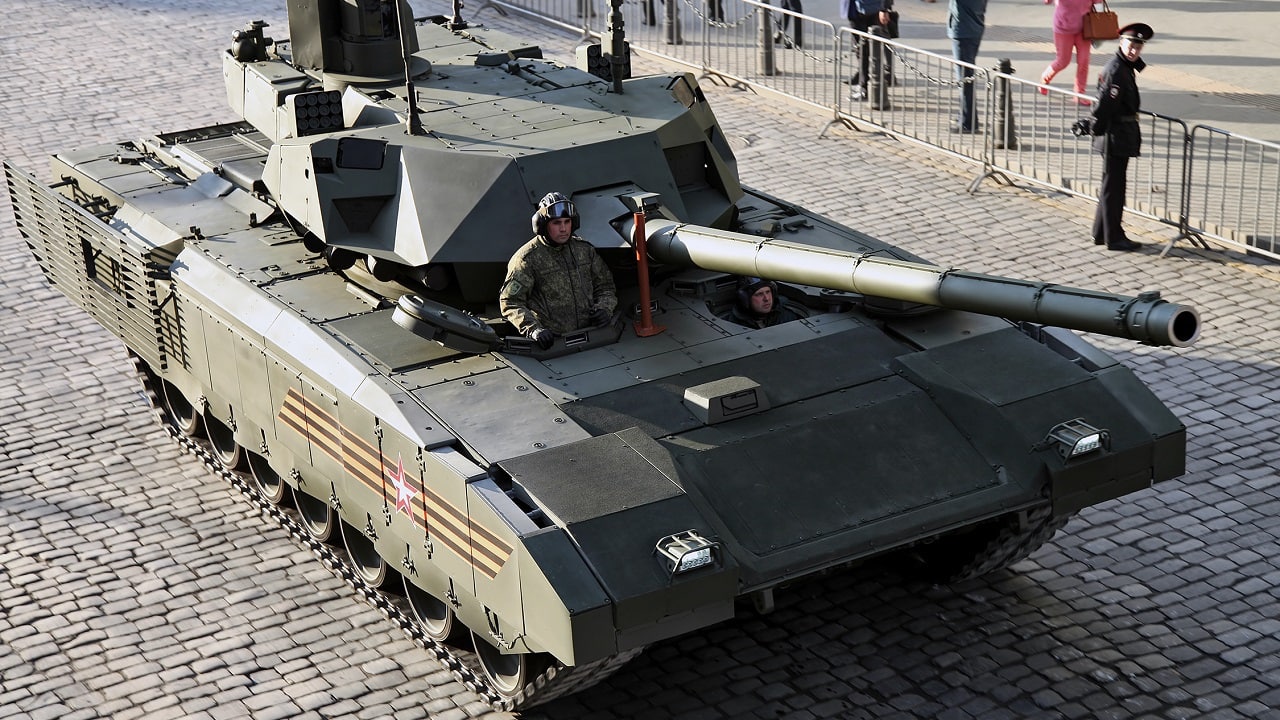If Russian President Vladimir Putin’s consistent threat to use nuclear weapons is purely a manipulative ploy to hold the world hostage with the prospect of large-scale annihilation – and prevent NATO and the West from intensifying support to Ukraine – it may have been working to some extent.
Suppose Putin is a rational actor with a pronounced survival instinct who would not actually risk quickly ending his life and autocratic rule in Russia in a nuclear exchange. Perhaps, however, his repeated nuclear threats are merely inflammatory rhetoric aligned with Russia’s well-documented “escalate to win” nuclear weapons posture.
Conversely, does the West want to take the chance that Putin is purely manipulating and bluffing, and provoke him beyond measure? Perhaps, despite his history of maintaining power and exhibiting a recognizable will to survive and persist, Putin may in fact determine that some kind of nuclear attack or limited engagement might be winnable and not end his life and rule in Russia.
It is a clear and significant question, meaning does this kind of threatening rhetoric, scare tactics, or posturing truly afford Putin some kind of strategic advantage? It might. Certainly, the prospect of nuclear catastrophe and the realities of a potentially unwinnable war are sufficient to cause any country pause when it comes to the questions of any escalation. Yet, Russia has a long history of using these kinds of tactics to essentially “hold the world hostage.” Is it pure manipulation to compensate for what appears to be military inferiority?
Avoid World War III
However realistic the threat, and it is properly being taken quite seriously, the mere threat of possibility may be one reason why NATO is being extremely careful to try to avoid escalation. Is this concern part of why there was never a decision to establish a no-fly zone? Is it part of why much longer-range missiles able to reach parts of Russia are not being sent? It would make sense if this were the case, as the consequences of nuclear war are so immense that, however small the risk, it is not one worth taking.
Should this be the case, then it means that Russia’s “escalate to win” manipulation is arguably having some success. After all, escalation does introduce the very realistic question as to whether Putin would actually resort to such measures. Observers have for years made the point that Putin appears to be somewhat of a “rational actor” and therefore not inclined to make decisions that could be interpreted as “suicidal.” Certainly, Putin has to realize that the use of nuclear weapons would most likely lead to his own elimination.
Does NATO and the West call the bluff? Take the risk? It is a delicate balance, which the Pentagon seems to be handling well given that the DoD and the administration are being careful to avoid escalation in terms of rhetoric and have even paused a few ICBM tests. At the same time, the Pentagon continues to express great confidence in the readiness and ability of its nuclear triad, arsenal of weapons, and strategic deterrence posture.
“It (Russia’s threats) does not affect the department’s commitment to continue working closely with our international partners and our allies on providing Ukraine with the support that it needs in their fight to defend their country,” Pentagon Press Secretary Brig. Gen. Pat Ryder told reporters earlier this year, according to a Pentagon transcript.
Kris Osborn is the Military Affairs Editor of 19FortyFive and President of Warrior Maven – Center for Military Modernization. Osborn previously served at the Pentagon as a Highly Qualified Expert with the Office of the Assistant Secretary of the Army—Acquisition, Logistics & Technology. Osborn has also worked as an anchor and on-air military specialist at national TV networks. He has appeared as a guest military expert on Fox News, MSNBC, The Military Channel, and The History Channel. He also has a Masters Degree in Comparative Literature from Columbia University.
From 19FortyFive
The Second American Civil War Has Begun

